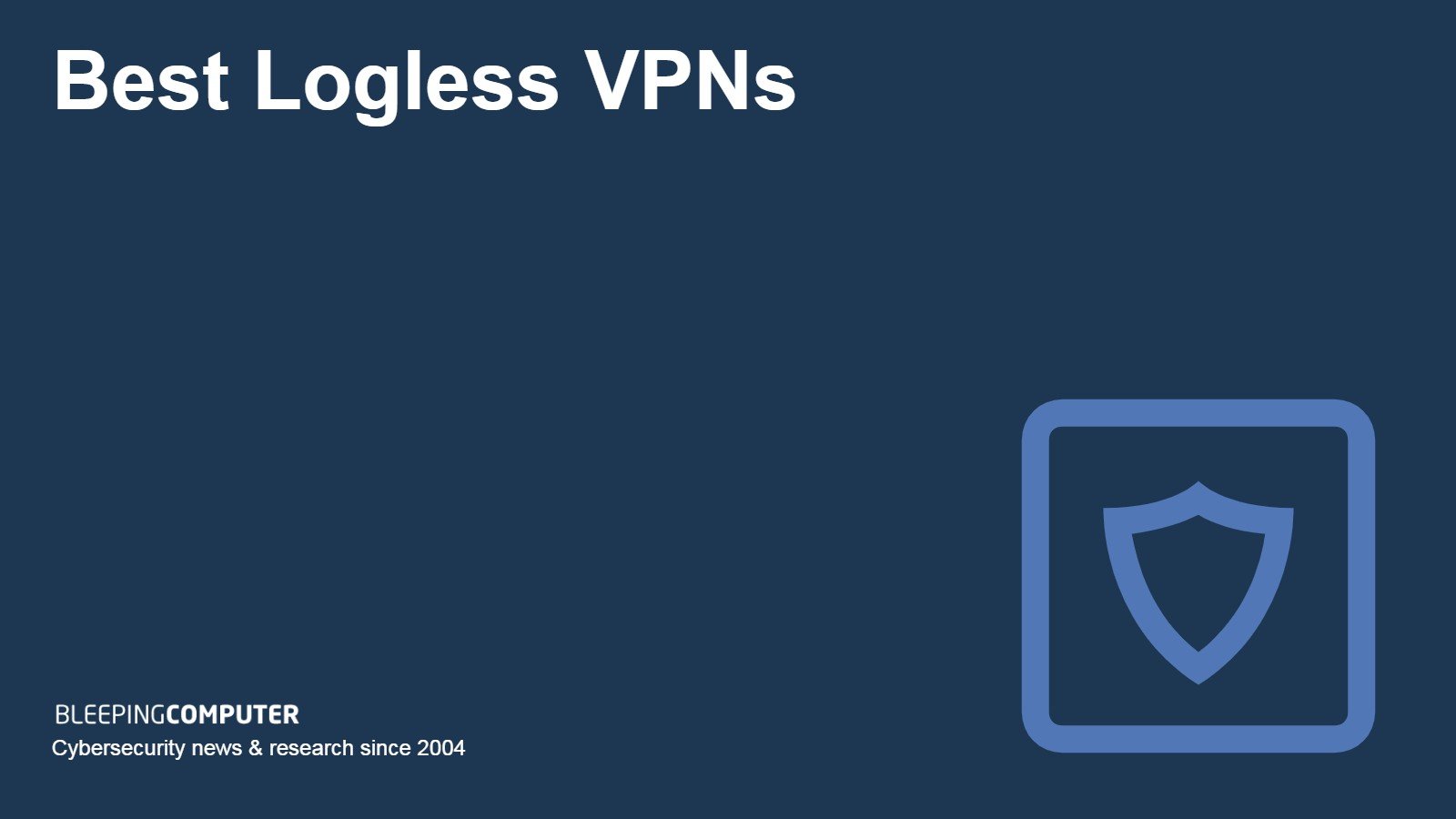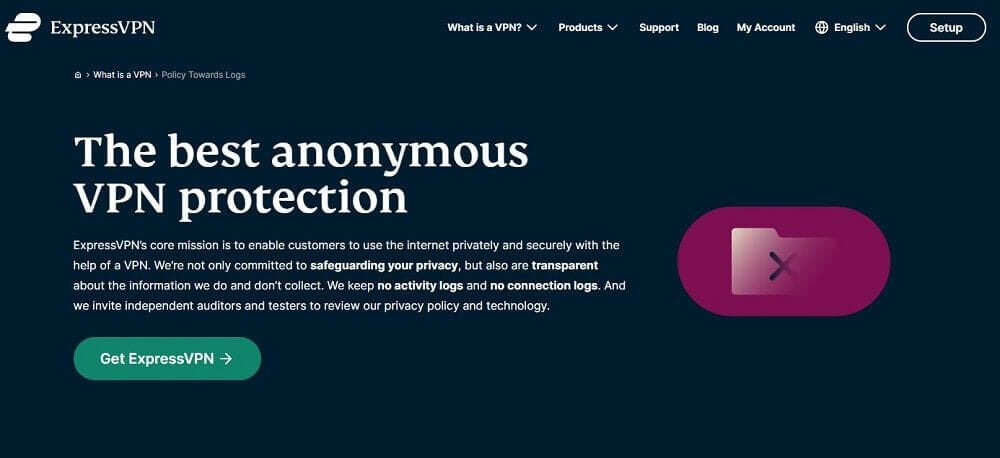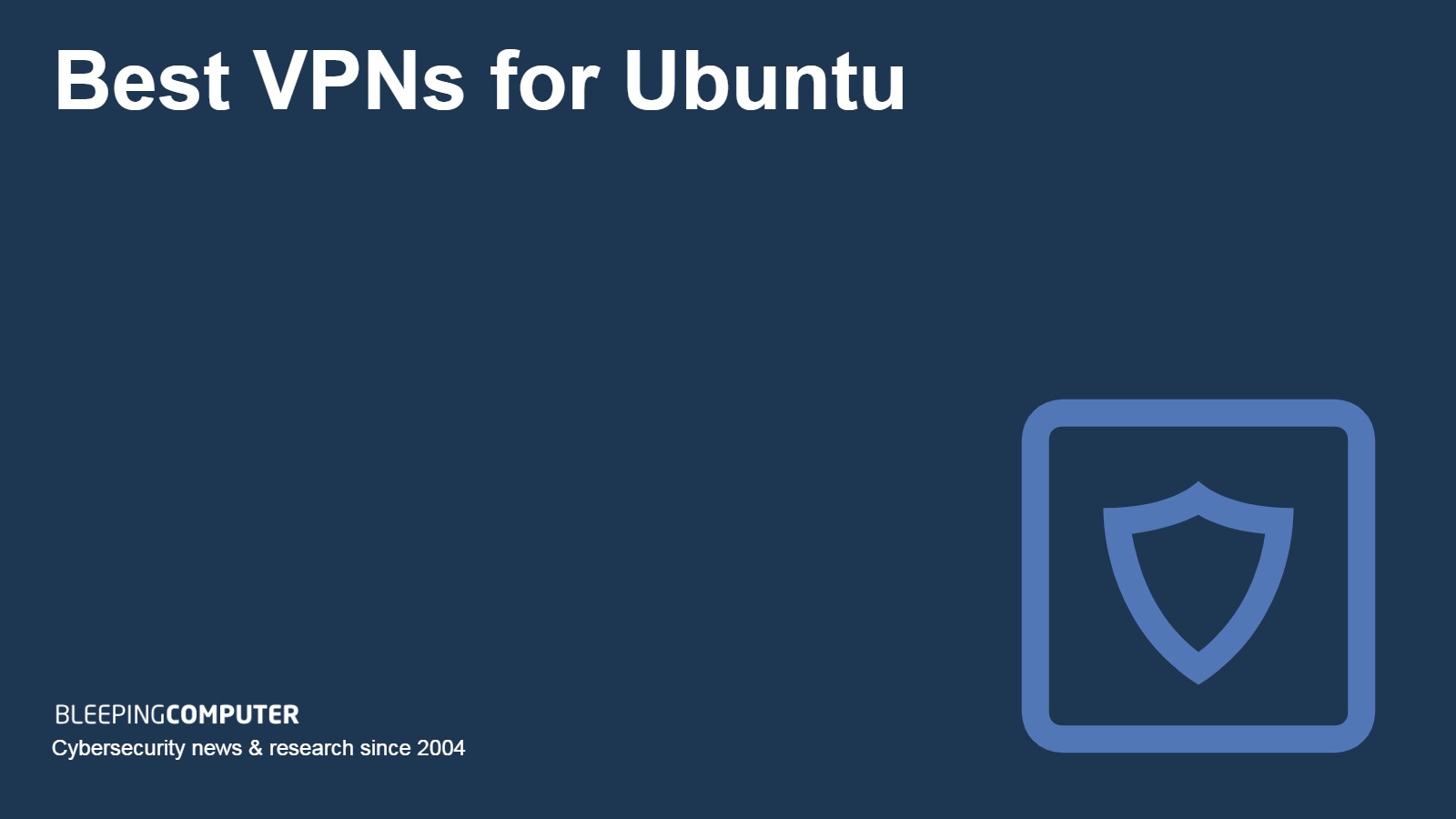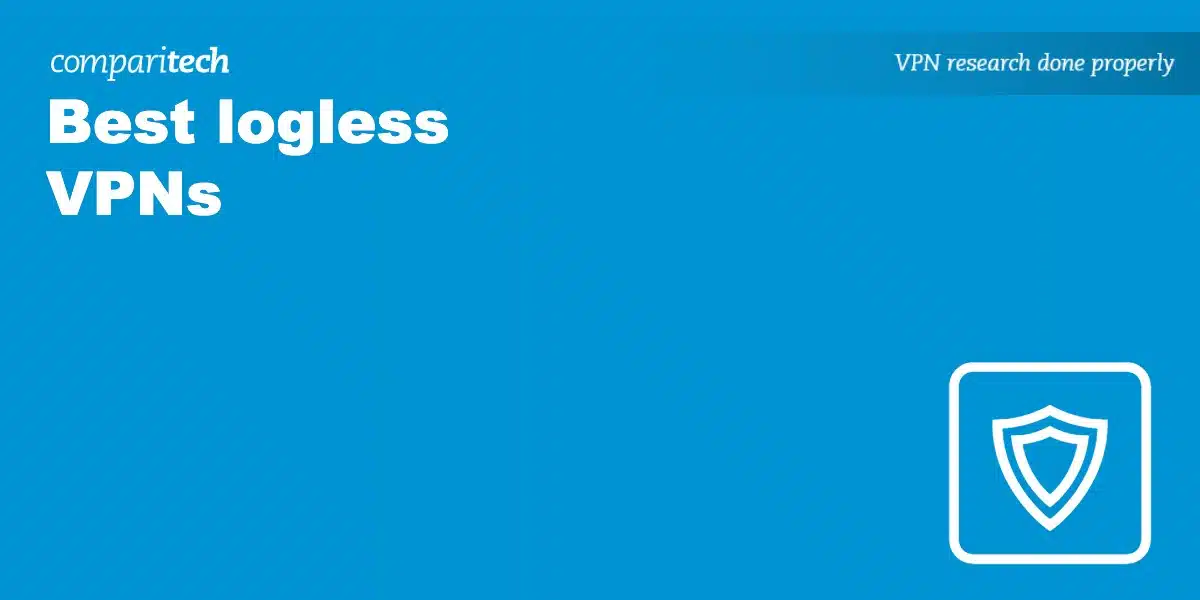using a virtual private network (VPN) is an essential tool. However, not all VPNs prioritize privacy in the same way. Choosing a vpn no logs is particularly important for Linux privacy, as it ensures that your online activities are not tracked or recorded.
Why privacy is important when using a VPN on Linux
When using a VPN on Linux, privacy becomes crucial for several reasons.
- Protection from surveillance: Linux users who prioritize privacy often seek VPNs to protect themselves from surveillance by governments, ISPs, or other entities. By choosing a vpn no logs, you can ensure that your online activities remain private and anonymous.
- Securing sensitive data: Whether you are browsing the internet, accessing your online banking, or communicating with others, using a VPN helps secure your sensitive data from potential hackers or data breaches.
- Preserving anonymity: Linux users who value their anonymity greatly benefit from using a vpn no logs. By selecting a VPN that does not track or store user logs, you can maintain your online identity as hidden as possible.
- Protecting against geolocation tracking: VPNs allow Linux users to mask their actual location, making it more challenging for websites or online services to track your movements or gather personal information.
By choosing a vpn no logs for Linux privacy, you can have peace of mind knowing that your online activities are private and not susceptible to surveillance or tracking. It is essential to research and select a reputable VPN provider that prioritizes privacy and takes the necessary steps to protect your data.

What is a vpn no logs?
Explanation of what a vpn no logs is and how it works
In an increasingly digital world where privacy concerns are on the rise, many Linux users are turning to Virtual Private Networks (VPNs) to protect their online activities. However, it is important to understand the distinction between a regular VPN and a vpn no logs, especially when it comes to privacy.
A vpn no logs, as the name suggests, is a VPN service that does not keep any logs or records of your online activities. When you connect to a vpn no logs, your internet traffic is encrypted and routed through the VPN server before reaching its destination. This means that your browsing history, IP address, and other sensitive information are not stored by the VPN provider.
By using a vpn no logs on your Linux device, you can enjoy enhanced privacy and anonymity. It ensures that your online activities cannot be traced back to you, providing you with peace of mind. This is particularly important if you frequently access public Wi-Fi networks or engage in activities that require a higher level of privacy, such as online banking or sharing personal information.
Furthermore, with a vpn no logs, your data remains secure even if the VPN server is compromised or compelled to hand over user information. Since the provider does not store any logs, there is no data to be compromised or handed over. This adds an extra layer of protection to your online presence.
Overall, choosing a vpn no logs for your Linux device is crucial for maintaining your privacy and protecting your digital footprint. It allows you to browse the internet with confidence, knowing that your online activities are not being recorded or monitored.

Benefits of Using a vpn no logs for Linux Privacy
Linux users value their privacy and security, and one effective tool to achieve this is by utilizing a vpn no logs. Here are the key benefits of choosing a vpn no logs for Linux privacy.
Enhanced anonymity and privacy
When you connect to the internet using a vpn no logs, your online activities are encrypted and your IP address is masked. This means that your internet service provider (ISP), government agencies, or hackers won’t be able to track your online behavior, ensuring your anonymity and privacy.
Protection against data breaches and surveillance
A vpn no logs ensures that your online communications are secure and protected. By encrypting your data and traffic, it prevents potential data breaches and protects you from surveillance by malicious entities that might be monitoring your online activities.
Prevention of ISP tracking and censorship
Many ISPs track their users’ internet activity to sell this information to advertisers or to throttle bandwidth based on the websites they visit. By using a vpn no logs, you can prevent your ISP from tracking your online behavior. Additionally, if you live in a country with strict internet censorship, a vpn no logs can help you bypass restrictions and access blocked websites and services.
In conclusion, using a vpn no logs for Linux privacy offers enhanced anonymity, protection against data breaches and surveillance, and prevents ISP tracking and censorship. It’s a valuable tool for ensuring the privacy and security of your online activities.

Choosing the Right vpn no logs for Linux
In today’s digital age, privacy and security are of utmost importance, especially when it comes to online activities. Linux users, in particular, value their privacy and often turn to Virtual Private Network (VPN) services to protect their data. But not all VPNs are created equal, and choosing a vpn no logs is crucial for preserving your anonymity online.
Factors to consider when selecting a VPN provider
- No-logs policy: Ensure that the VPN provider you choose has a strict no-logs policy, meaning they do not keep any records of your online activities. This ensures that there is no data that can be traced back to you.
- Encryption and security: Look for a VPN that uses strong encryption protocols, such as OpenVPN or WireGuard. Additionally, features like a kill switch and DNS leak protection enhance your online security.
- Server locations: Check that the VPN provider has servers in locations that are geographically desirable to you. This will allow you to bypass restrictions and access content from different regions.
Comparison of popular vpn no logs services for Linux
Here are some well-known VPN services that offer no-logs policies specifically for Linux users:
- NordVPN: Known for its robust security and large server network, NordVPN offers a strict no-logs policy and advanced features like Double VPN for extra encryption.
- ExpressVPN: With blazing-fast speeds and a no-logs policy, ExpressVPN is a popular choice for Linux users. It also offers a user-friendly interface and strong security measures.
- CyberGhost: CyberGhost provides a no-logs policy, along with dedicated servers for streaming and torrenting. It also offers a wide range of server locations worldwide.
When it comes to protecting your privacy on Linux, choosing a vpn no logs is essential. Consider the factors mentioned above and explore different VPN providers to find the one that best suits your needs.

Setting Up and Configuring a vpn no logs on Linux
When it comes to online privacy and security, Linux users have a unique advantage. By choosing a vpn no logs for Linux, they can ensure their online activities are anonymous and their data is protected. Here is why choosing a vpn no logs is crucial for Linux privacy.
Step-by-step guide on installing and configuring a VPN on Linux
- Select a reliable vpn no logs provider: Look for a VPN service that prioritizes privacy and has a strict no-logs policy. This ensures that your online activities are not stored or tracked.
- Install the VPN software: Most reputable VPN providers offer Linux-compatible software. Download the installation package and follow the installation instructions provided.
- Configure the VPN: Once the software is installed, launch it and enter your VPN credentials. You may need to select a server location to connect to. Choose a server location that suits your needs, whether it’s for accessing geographically restricted content or enhancing your online privacy.
- Enable the kill switch: A kill switch is an essential feature that ensures your internet connection is automatically cut off if the VPN connection is interrupted. Enable this feature for added security.
- Test your VPN connection: After configuring the VPN, it’s important to test the connection to verify that your online activities are now routed through the VPN server. You can use various online tools to check your IP address and confirm that it matches the server location you selected.
By following these steps, you can set up and configure a vpn no logs on Linux, safeguarding your privacy and ensuring your online activities remain private and secure. Remember to choose a reliable VPN provider that offers strong encryption and a robust no-logs policy.

Staying Secure and Anonymous with a vpn no logs on Linux
Best practices for maintaining online privacy with a VPN on Linux
When it comes to protecting your online privacy, using a VPN is becoming increasingly important. And for Linux users, it’s crucial to choose a vpn no logs for enhanced security and anonymity.
Linux is known for its robust security features, but it’s still vulnerable to cyber threats. By using a VPN, you can encrypt your internet connection and route it through a secure server, making it almost impossible for anyone to intercept your online activities. However, not all VPNs are created equal. It’s essential to choose a provider that offers a strict no-logs policy.
A vpn no logs ensures that your online activities are not recorded or stored by the VPN provider. This means that even if someone subpoenas the VPN provider for your data, there would be nothing to provide. By choosing a vpn no logs, you can trust that your privacy is protected.
In addition to choosing a vpn no logs, there are other best practices you can follow to maintain online privacy on Linux. These include regularly updating your operating system and applications, using strong and unique passwords, enabling firewall and encryption settings, and being cautious while downloading files or clicking on suspicious links.
By following these best practices and using a vpn no logs on Linux, you can ensure that your online activities remain secure and anonymous.

Frequently Asked Questions
Common questions about using a vpn no logs for Linux privacy
1. What is a vpn no logs?
A no-logs Virtual Private Network (VPN) is a service that does not store any user activity or connection logs. It ensures that your online activities remain private and anonymous by not keeping records of your browsing history, IP addresses, or any other personally identifiable information.
2. Why is it important to choose a vpn no logs for Linux privacy?
Privacy and security are of utmost importance when using the internet, especially on Linux systems. By choosing a vpn no logs, you can protect your personal information from being logged and potentially accessed by third parties. This ensures that your online activities cannot be traced back to you or used against you.
3. How does a vpn no logs enhance Linux privacy?
A vpn no logs provides an additional layer of privacy and security for Linux users. By encrypting your internet traffic and routing it through secure servers, it hides your IP address and online activities from prying eyes. As a result, you can browse the internet anonymously, access geo-restricted content, and protect your sensitive data from potential hackers or surveillance.
4. Can I trust all vpn no logs providers?
While most reputable VPN providers claim to be no-logs, it is essential to do thorough research before trusting any service. Look for providers that have undergone independent audits or have a proven track record of protecting user privacy. Reading reviews and checking the provider’s privacy policy can also help in making an informed decision.
5. Are there any drawbacks to using a vpn no logs?
While using a vpn no logs enhances privacy, it may slightly impact the internet speed due to the encryption and additional routing. However, modern VPN technologies strive to minimize speed reductions while ensuring privacy and security.
Choosing a reliable vpn no logs for Linux can significantly enhance online privacy and protect your sensitive information from falling into the wrong hands. Consider these factors and select a reputable provider that aligns with your privacy needs.







